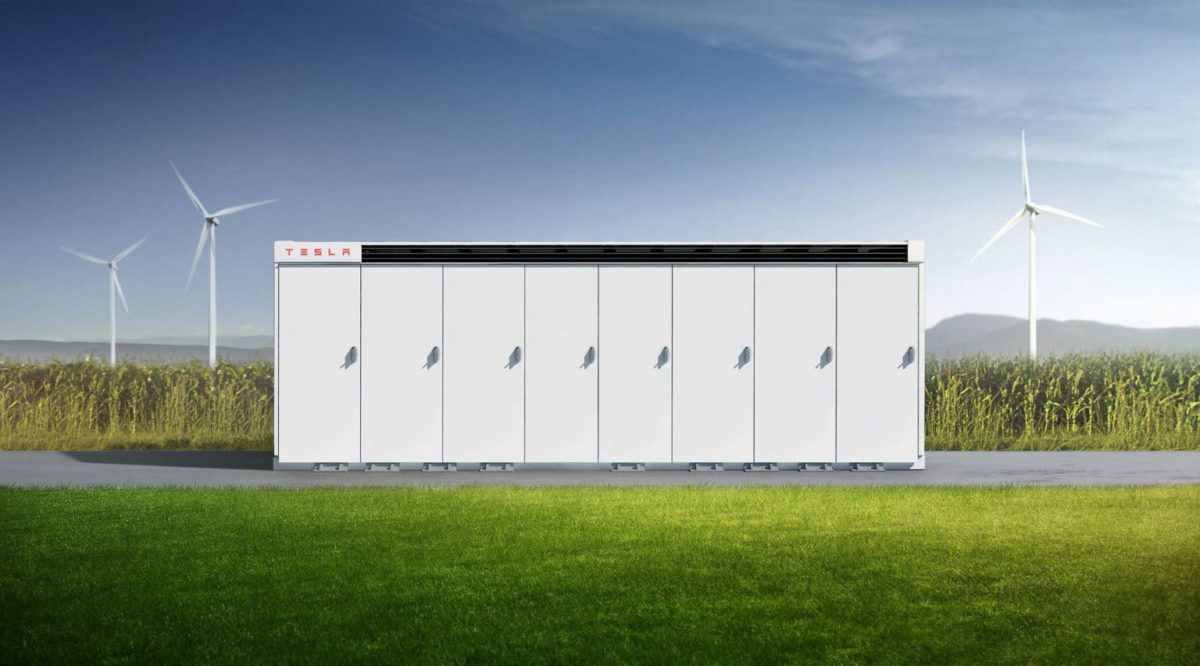From pv magazine International
Tesla watchers report that the company has shifted to cobalt-free lithium iron phosphate (LFP) batteries for its 3 MWh Megapack energy storage product. The shift to LFP cathode batteries could cut costs and ease demand for supply-constrained nickel-based battery production capacity.
LFP batteries are typically less expensive to produce, but they also are less energy-dense than the nickel-manganese-cobalt (NMC) cells used by Tesla in its electric vehicles.
The Megapack has a maximum energy capacity of 3 MWh per unit and is claimed to require 40% less space and fewer parts than other systems on the market. Reports said that with LFP batteries, the Megapack could see lower production costs, which could be passed on to customers of grid-scale storage technology.
Last year, the EV car manufacturer deployed 3 GWh of storage in a single year for the first time. That was an 83% increase against 2019. The company attributed much of this growth to the popularity of its utility-scale storage product, Megapack.
This content is protected by copyright and may not be reused. If you want to cooperate with us and would like to reuse some of our content, please contact: editors@pv-magazine.com.









By submitting this form you agree to pv magazine using your data for the purposes of publishing your comment.
Your personal data will only be disclosed or otherwise transmitted to third parties for the purposes of spam filtering or if this is necessary for technical maintenance of the website. Any other transfer to third parties will not take place unless this is justified on the basis of applicable data protection regulations or if pv magazine is legally obliged to do so.
You may revoke this consent at any time with effect for the future, in which case your personal data will be deleted immediately. Otherwise, your data will be deleted if pv magazine has processed your request or the purpose of data storage is fulfilled.
Further information on data privacy can be found in our Data Protection Policy.